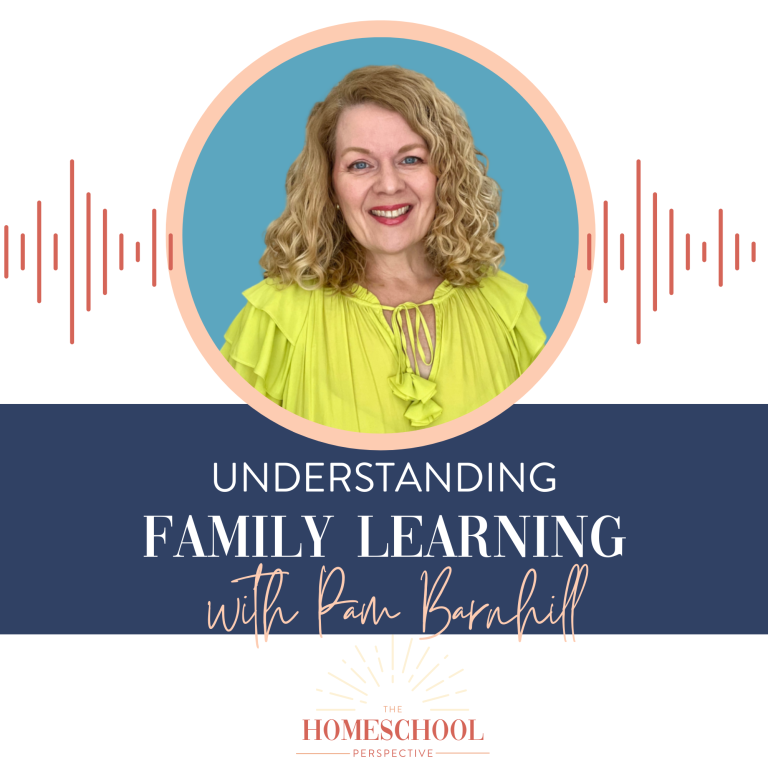Specialized or well rounded: which is better?
The Great Debate: Should We Raise Well-Rounded Kids or Specialists?
In the world of homeschooling, one of the most debated topics among parents is whether to encourage our children to be well-rounded individuals or to allow them to specialize in a particular area of interest. I
s it better for our kids to dabble in a bit of everything, becoming little Renaissance people? Or should we nurture that one passion that they can’t stop talking about, guiding them to become experts in their chosen field?
The Case for Specialization
Specialization allows children to delve deep into a subject they are passionate about, whether it’s sports, music, art, or academics. By focusing on one area, they can develop a level of expertise that can lead to greater opportunities, such as scholarships or even a career. In our podcast episode, we discussed the intense drive that specialization can bring, but also the potential downsides—like the physical and emotional toll it can take on young bodies and minds.
For example, sports specialization can lead to chronic injuries in young athletes, as they push their bodies to the limit in pursuit of excellence. Similarly, in the arts, children who focus intensely on music or theater might find their identities so wrapped up in their chosen field that any setback feels like a personal failure. This can be especially true if the specialization starts too early, leaving little room for other interests or the natural exploration that is crucial for overall development.
The Case for Being Well-Rounded
On the flip side, encouraging children to be well-rounded can provide them with a broader set of skills and experiences. This approach allows kids to explore multiple interests, fostering a more balanced and adaptable individual. Being well-rounded doesn’t mean a lack of depth, but rather an appreciation and basic competency in various areas that can later inform a more focused pursuit.
However, the challenge with this approach is finding the right balance. As parents, we might struggle with ensuring our children are exposed to enough variety without overwhelming them. It’s also difficult to resist the cultural pressure to specialize—especially when we’re bombarded with messages about starting kids young to “get ahead” in sports, music, or academics.
Finding the Balance: Is There a Middle Ground?
Throughout our discussion, one theme became clear: balance is key. Whether you lean toward specialization or a well-rounded education, it’s crucial to prioritize rest, family time, and the overall well-being of your child. We explored the idea of setting firm boundaries, like having a day of rest each week, to ensure that children don’t burn out from their pursuits.
For instance, one of our hosts shared how their family sets aside one day a week, free from sports, music lessons, or academic pressures, to spend time together and recharge. This day of rest is non-negotiable and serves as a vital counterbalance to the intense focus that specialization can demand.
We also discussed the importance of allowing children to choose their paths—whether that means diving deep into a passion or exploring a variety of interests. It’s about guiding them to make wise decisions, teaching them the value of rest, and showing them that their worth isn’t tied solely to their achievements.
The Role of Parents: Modeling Healthy Behavior
As parents, our attitudes toward rest, work, and achievement play a significant role in shaping our children’s behavior. If we constantly praise them for their accomplishments but never for taking time to rest, we’re sending a clear message about what we value. Instead, we should be mindful of how we praise and encourage our kids. Praising them for taking care of themselves, setting healthy boundaries, and knowing when to take a break is just as important as praising their achievements.
In our conversation, we also touched on the idea of generational trauma and how the drive to constantly achieve can be passed down. By prioritizing rest and balance in our own lives, we can break this cycle and raise a generation of kids who are healthy, happy, and fulfilled—not just in their chosen fields, but in all areas of life.
Conclusion: There’s No One-Size-Fits-All Approach
In the end, there is no right or wrong answer to the question of whether children should be well-rounded or specialists. Every child is unique, and what works for one might not work for another. The most important takeaway is that we, as parents, need to support our children in a way that prioritizes their overall well-being. Whether your child is destined to be a Renaissance person or an expert in their field, the key is to ensure they are happy, healthy, and balanced.
As we continue to navigate this journey of homeschooling and parenting, let’s keep the conversation going. We’d love to hear your thoughts on this topic. Do you lean more toward specialization or a well-rounded approach? How do you find balance in your family’s life? Share your experiences in the comments or reach out to us on social media. And don’t forget to subscribe to The Homeschool Perspective for more insightful discussions on the challenges and joys of homeschooling.






